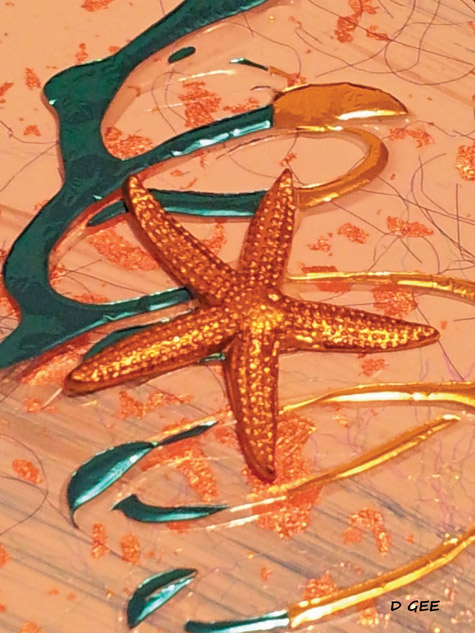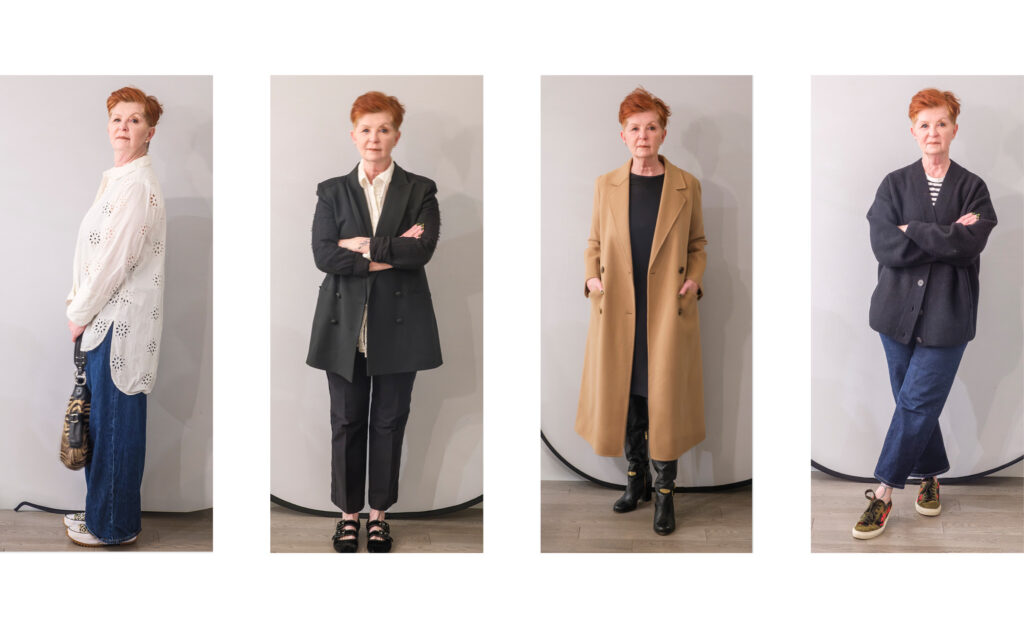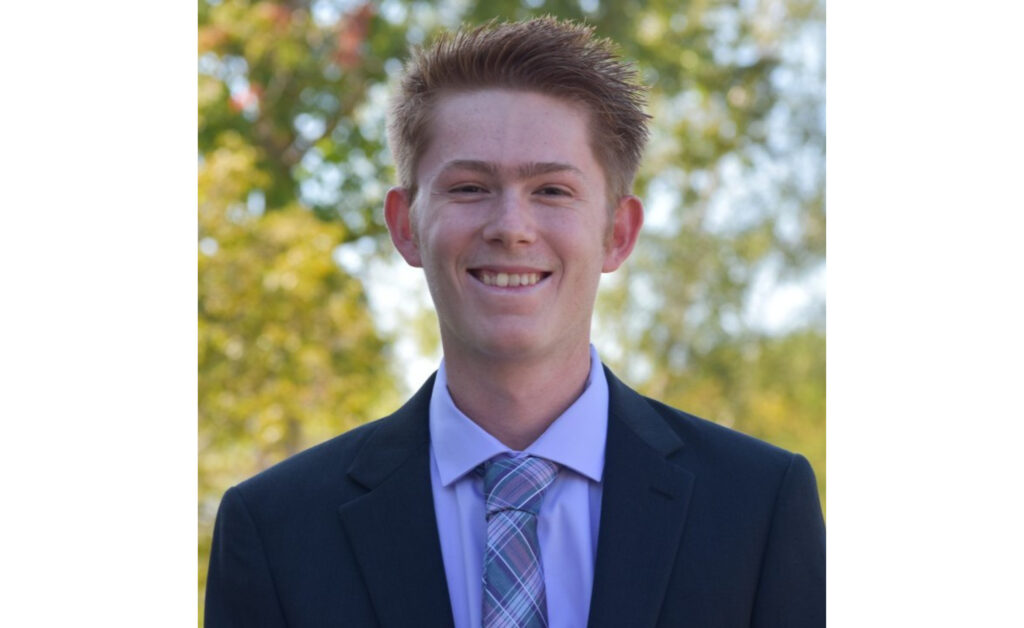– by Valerie Green –
Have you ever wondered what it would be like to sit down and talk with some interesting characters from Greater Victoria’s past? If so, wonder no more. Although these conversations are merely creative figments of my imagination, they are all based on fact.
At the turn of the century, this time-travelling reporter met with Baroness Angela Burdett-Coutts in London, England. By that time, the Baroness had had a great influence on British Columbia and, in particular, Greater Victoria. She became known as “the Benevolent Baroness” because of her generous financial donations.
I am delighted to finally meet you Baroness. Can you tell me something of your early life in England and why you decided to give away so much money?
I was born in 1814, the daughter of Sir Francis Burdett and Sophia Coutts. My grandfather was Thomas Coutts, the banker who founded Coutts & Company. When I was 23 I inherited my grandfather’s fortune of nearly £2 million and I decided it was my duty to share my wealth with those less fortunate. I could have simply spent it recklessly. However, after learning of the plight of the poor, I decided to use my money for good.
I understand you also became a benefactor of the Church of England.
Yes, I was able to build and endow churches and church schools in Africa, Australia and in British Columbia.
Even though you have never visited British Columbia you have given a great deal of money to our province.
I gave where the money was needed. I knew Bishop George Hills of Victoria required money to purchase acreage for the building of a small school chapel in 1862 (later St. Luke’s Anglican Church on Cedar Hill Cross Road.) I also donated money for building an Anglican school for young women on Burdett Street.
You also enabled something very important to occur in 1862 I believe?
Yes – financing the bride ships travelling from England that year carrying young women to Victoria because of the great shortage of females in the colony.
I hope you don’t mind my asking about your private life and why you never married until very late in life.
I always had many suitors, possibly because of my wealth, but I turned down all marriage proposals until I met William Bartlett. I was 67 and he was only 27, but such a charming man … . He was a Member of Parliament and my secretary. (I did not suggest that he also might have been attracted to her money! Bartlett even changed his name to Burdett-Coutts following their marriage.)
Two other important events occurred in your life, I believe?
In 1871, Queen Victoria bestowed a peerage on me. I became Baroness Burdett-Coutts of Highgate and the following year I was the first woman to be given the Freedom of the City of London.
Honours you rightfully deserved.
When the Baroness died in January 1907, King Edward VII stated “… after my mother (Queen Victoria) she was the most remarkable woman in the kingdom.” It was estimated that by then, she had given over £3 million to many needy causes around the world including the Ragged Schools, numerous Soup Kitchens and had paid for the bells at St. Paul’s Cathedral. We are fortunate in Victoria to have benefitted from some of her generosity.
Valerie Green is an author and historian and can be reached at valgee@shaw.ca.




